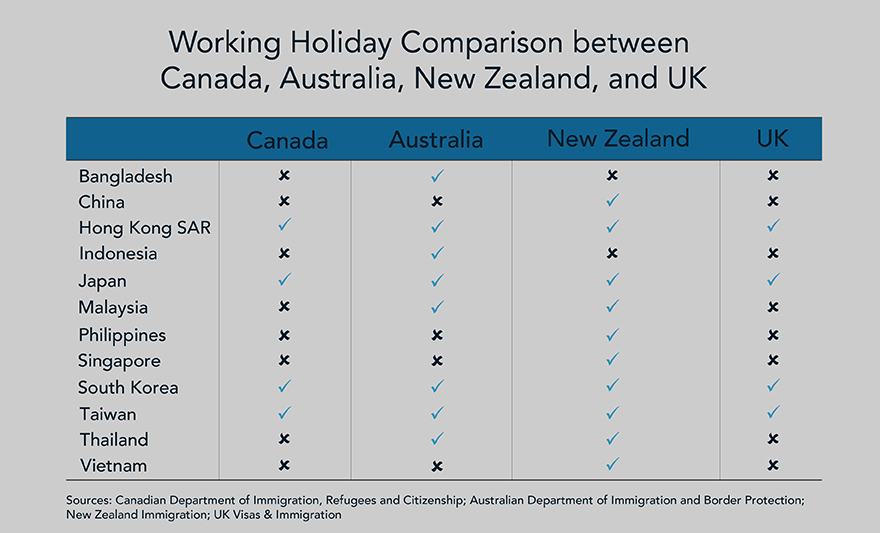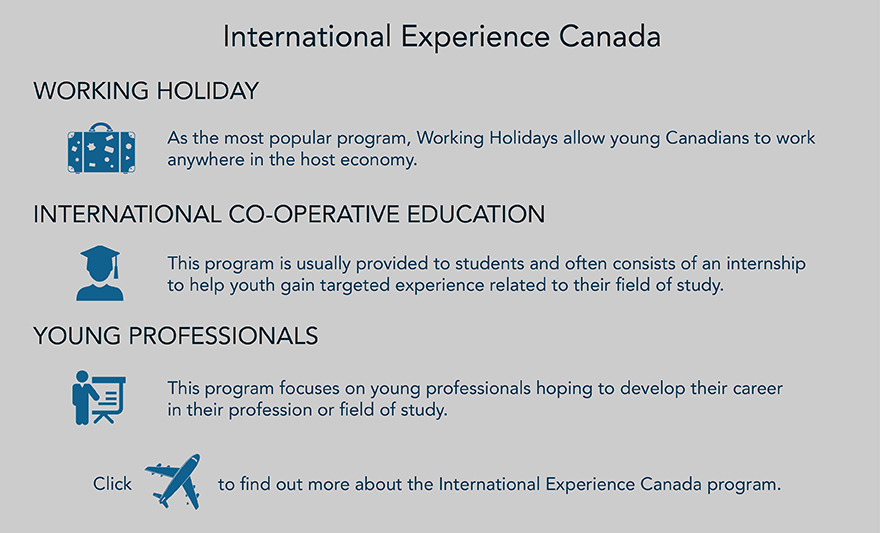With dynamic economic growth, burgeoning middle classes and new and expanding business opportunities increasingly defining Canada-Asia relations, businesses and educators across Canada are looking for ways to significantly increase the small number of Canadian youth who get international study and work experience in the Asia Pacific.
The Asia Pacific Foundation of Canada’s newly-formed Asia Pacific Youth Council (APYC) will address this issue at its inaugural event, Young Canadians in the 21st Century: Opportunities and Preparation, which will be held in Vancouver on Monday, September 12.
There are a number of ways that we can build young Canadians’ ‘Asia competence,’ or the knowledge and skills to successfully engage with Asia, including introducing more Asian history and culture into Canada’s high-school curricula, promoting Asian-language learning, and encouraging interaction between Canadian and Asian youth. But one of the most effective and valuable ways of boosting Asia competence is by experiencing Asia first-hand over an extended period of time. One of the programs that facilitates this is the International Experience Canada program.
International Experience Canada
Initiated in 1951, the International Experience Canada (IEC) program is a youth mobility program that provides Canadian and foreign youth with the opportunity to live and work abroad. Depending on the destination, Canadian youth have up to three categories to choose from:
Starting with just one bilateral agreement in 1951, IEC now provides work opportunities in 32 economies, with four of them in Asia: Hong Kong, Japan, South Korea, and Taiwan.
IEC is quite popular for youth coming to Canada. In 2014, close to 60,000 foreign youth came to Canada under the program. Yet, in the same year, only about 18,000 Canadian youth travelled and worked abroad, with only a very small fraction of those going to one of the Asian partner destinations. These numbers show that for every three foreign participants coming to Canada, only one Canadian goes abroad.
The government has noticed this imbalance and is trying by 2019 to boost the ratio to 2:1 foreign to Canadian participants by building program awareness and growing the number of partnerships. Through these partnerships, IEC can address or lessen the challenges of a number of obstacles Canadians face when going to Asia, such as language barriers and administrative barriers/visa issues.
Benefits of Living and Working in Asia
There are many advantages to experiencing Asia through IEC. Other than gaining a new perspective of the world, young Canadians can experience different cultures, learn new languages, and increase their international networks. As Canada becomes more globalized and internationalized in a quickly changing world, all of these qualities are highly valued by Canadian businesses.
Empirical evidence from the 2014 Erasmus Impact Study, which examined the effects of mobility on the skills and employability of students, has even shown that youth with international experience fare much better in the job market. Compared to those who have not studied or worked abroad, they are half as likely to experience long-term unemployment. As well, their unemployment rate is 23 per cent lower five years after graduation. Once working, those who studied or worked abroad are 44 per cent more likely to hold managerial positions than non-mobile alumni 10 years after graduation.
Including China and Singapore in IEC
Although IEC has its benefits, it only provides opportunities in four Asian economies—Hong Kong, Japan, South Korea, and Taiwan. One of Canada’s friendly competitors, New Zealand has already made working holiday agreements with ten — the four listed above, plus China, Malaysia, Philippines, Singapore, Thailand, and Vietnam. Increasing the number of agreements within Asia would be beneficial for young Canadians and Canada’s economy in the mid- to long-term.
Discussing agreements with China and Singapore could be the first step. Canadian students have already started showing interest; a recent survey conducted by Simon Fraser University’s International Co-op Program revealed that business students were very interested in working in China (3rd place out of the countries mentioned) and Singapore (7th). As well, China was consistently among the top 10 countries to work in for students in business, arts and social sciences, science, and communications.

Considering New Zealand and the United Kingdom have already signed an agreement with Singapore, it may not be that difficult for Canada to discuss one too. One of the most attractive points to working in Singapore is that the main working language is English. Additionally, nine out of ten expats have expressed satisfaction with working in Singapore. As well, Singapore ranks high in its overall quality of life, education standards, and efficient medical system.
In the case of China, one of the most appealing reasons for gaining experience is the vast career opportunities available, especially in tech, the Internet, and green energy. It may be more complicated for Canada to form an agreement, however, because of current visa restrictions for Canadians going to China. This may change if IEC signs an agreement with China allowing Canadians to more easily obtain work visas. The prospects are looking brighter as relations with China have been relaxing over the past year. Just last week, Prime Minister Trudeau officially met Chinese President Xi Jinping in Beijing, China.
The International Experience Canada (IEC) program is extremely worthwhile and rewarding for young Canadians, but few appear to know about or are interested in it. If Singapore and China are added to the IEC list, the number of young Canadians going to Asia may rise. With this kind of experience, Canadian youth will be able to cross boundaries they were not able to before.
For more information on other youth initiatives from the Asia Pacific Foundation of Canada, click here.






